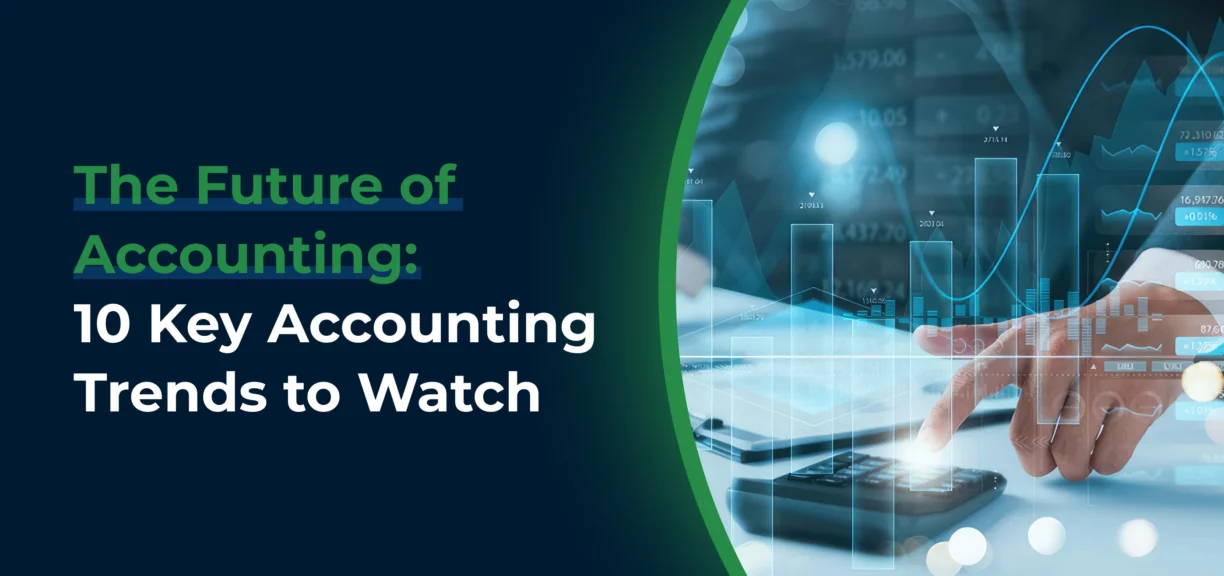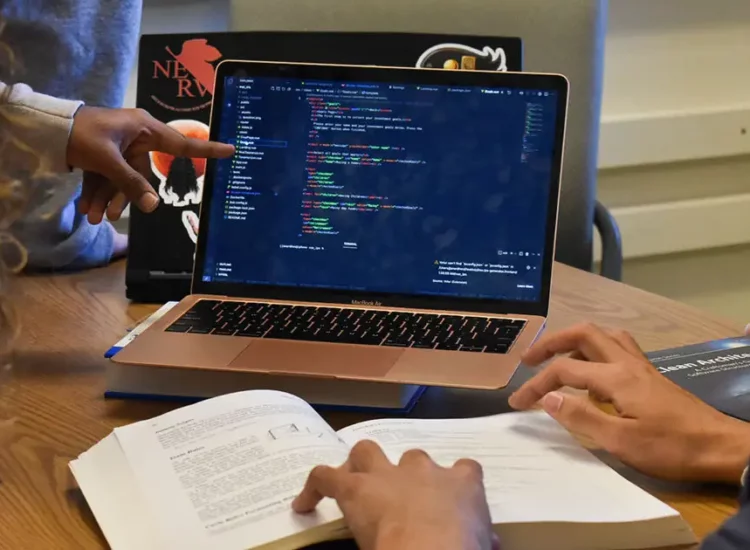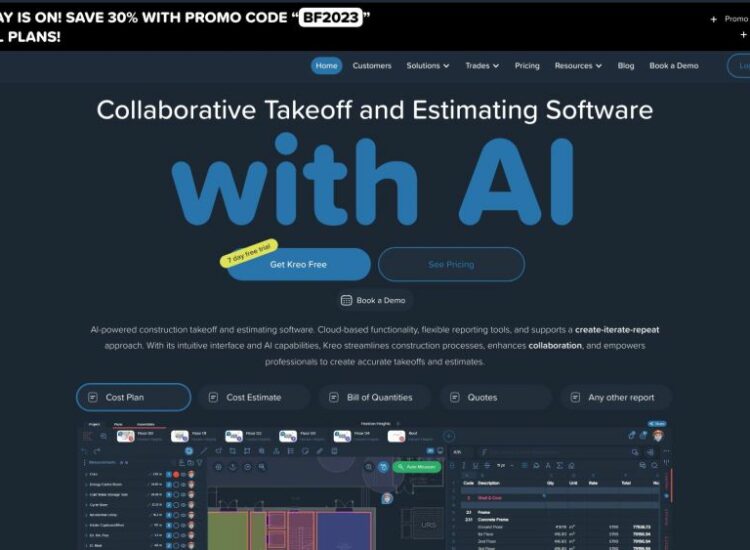In today’s fast-paced world, obtaining an education has become more flexible than ever, particularly for working professionals seeking to enhance their careers. Online degrees in accounting offer an ideal solution, allowing individuals to gain valuable qualifications without sacrificing their jobs or family commitments. This guide delves into the critical aspects of online degrees in accounting, providing insights on how to navigate this educational pathway for a successful career.
Toc
- 1. The Growing Demand for Online Degrees in Accounting
- 2. Choosing the Right Accredited Online Accounting Degree
- 3. Affordability and Financial Aid for Online Accounting Degrees
- 4. Related articles 01:
- 5. Curriculum and Career-Relevant Skills in Online Accounting Programs
- 6. Current Trends in Online Accounting Education
- 7. Related articles 02:
- 8. Career Opportunities and Earning Potential
- 9. Navigating the Application Process and Online Learning
- 10. Conclusion
The Growing Demand for Online Degrees in Accounting

The accounting profession is constantly evolving, adapting to a rapidly changing global economy. As businesses expand and the financial landscape becomes increasingly complex, the demand for skilled accountants is higher than ever. According to the U.S. Bureau of Labor Statistics, accounting and auditing jobs are projected to grow by 4% from 2021 to 2031, which is slower than the average for all occupations. However, specialized skills in areas like data analytics and cybersecurity are seeing a much sharper increase in demand. This growing need for specialized expertise fuels the demand for flexible online programs that enable working professionals to upskill and reskill without disrupting their careers. For instance, the rise of cloud-based accounting software necessitates professionals proficient in data management and security, skills that are increasingly integrated into online curricula.
Why Choose Online Degrees in Accounting?
One of the most compelling reasons to pursue an online degree in accounting is the unparalleled flexibility it offers. Unlike traditional programs that often require a rigid schedule, online degrees allow students to learn at their own pace. Whether you’re balancing the responsibilities of a busy parent, managing a full-time job, or contemplating a career change, online programs provide the freedom to study when it’s most convenient for you.
Additionally, many online programs are designed with the working professional in mind. This means that coursework is often structured to accommodate your job, enabling you to apply what you learn in real-time. With online degrees, geographical barriers are eliminated, allowing you to access quality education from accredited institutions regardless of your location.
Choosing the Right Accredited Online Accounting Degree
When considering an online accounting program, ensuring that the program is accredited should be at the forefront of your decision-making process. Accreditation guarantees that the program meets specific educational standards and that your degree will be recognized by employers.
The Importance of Accreditation
Accreditation from recognized bodies, such as the Association to Advance Collegiate Schools of Business (AACSB), signifies that a program has undergone rigorous evaluation. This is essential for career recognition and can significantly impact your professional advancement.
Beyond AACSB accreditation for business programs, regional accreditation from agencies like the Higher Learning Commission (HLC) or the WASC Senior College and University Commission (WSCUC) is crucial. These agencies ensure the overall quality and legitimacy of the institution offering the online degree. Employers often prioritize candidates with degrees from regionally accredited institutions. Furthermore, the program’s curriculum should align with industry-recognized standards set by the AICPA (American Institute of CPAs).
Finding the Best Online Accounting Degree
When searching for the best online accounting degree, consider your individual needs and career goals. Look for programs that offer strong curricula, experienced faculty, and robust student support services. Comparing different accredited online accounting degrees will allow you to evaluate strengths and weaknesses, ultimately leading to a more informed decision.
For example, programs offered by Arizona State University Online have garnered positive reviews for their comprehensive curricula and strong industry connections. Always ensure that the program aligns with your professional aspirations.
Affordability and Financial Aid for Online Accounting Degrees

1. https://kinemasterap.org/mmoga-electrical-engineering-online-degrees-your-path-to-success
3. https://kinemasterap.org/mmoga-cheap-online-degrees-accredited-transforming-your-career
5. https://kinemasterap.org/mmoga-level-up-your-teaching-career-educational-technology-masters-programs
Cost is a significant factor for many prospective students. Understanding the overall “accounting degree online cost” is essential for budgeting your education.
Analyzing the Cost of Online Degrees
Online degrees in accounting can often be more affordable than their traditional counterparts. When considering costs, it’s important to factor in expenses such as commuting, accommodation, and lost work time. Some institutions may offer tuition-free online accounting degree options or scholarships specifically designed for working professionals, making education even more accessible.
While online programs can sometimes be more affordable, it’s important to note that this isn’t always the case. Some highly-ranked online programs may have tuition rates comparable to or even exceeding traditional programs. Additionally, the lack of on-campus resources might necessitate additional expenses for students, such as purchasing specialized software or investing in high-speed internet access.
Financial Aid Opportunities
Explore various financial aid options, including grants, loans, and employer assistance programs. Many institutions provide detailed information about available scholarships and financial aid opportunities, simplifying the funding process.
Researching resources for financial aid can significantly ease the financial burden of pursuing an online accounting degree. Websites like FAFSA and institutional financial aid offices can be invaluable tools in your search for funding.
Curriculum and Career-Relevant Skills in Online Accounting Programs
The curriculum of online accounting degree programs is designed to equip students with the skills needed to thrive in the accounting profession. A typical online accounting degree will cover core courses such as:
- Financial accounting
- Managerial accounting
- Taxation
- Auditing
- Accounting information systems
Specialized Concentrations
For those looking to enhance their qualifications, many online programs offer specialized courses or concentrations, such as forensic accounting or data analytics. These targeted studies can differentiate you in the job market and provide deeper insights into specific areas of accounting.
Developing Essential Soft Skills
In addition to technical skills, online accounting programs often emphasize the development of essential soft skills, such as communication, teamwork, and problem-solving. These skills are crucial for effective collaboration in diverse workplace environments.
How Long Does It Take to Get an Accounting Degree Online?
Most online accounting programs require about four years of study for a bachelor’s degree, though many institutions offer accelerated options that can reduce this time frame to three years or less. For those looking for shorter commitments, pursuing an online accounting certificate can provide specialized knowledge without the time investment of a full degree. These certificates can often be completed in as little as six months to a year.
Skills You’ll Gain
Throughout your studies, you will develop industry-relevant skills that are crucial for the workforce, including:
- Data analysis
- Financial reporting
- Auditing techniques
- Tax preparation
- Proficiency in software such as Excel and SAP
Graduates of online accounting programs emerge ready to tackle various roles, whether in public accounting, corporate finance, or governmental agencies.
Current Trends in Online Accounting Education

As the field of accounting continues to evolve, so too does the educational landscape. Here are some key trends shaping online accounting education:
1. https://kinemasterap.org/mmoga-cheap-online-degrees-accredited-transforming-your-career
2. https://kinemasterap.org/mmoga-electrical-engineering-online-degrees-your-path-to-success
3. https://kinemasterap.org/mmoga-level-up-your-teaching-career-educational-technology-masters-programs
- Increased Use of Immersive Technologies: Many online programs are integrating virtual reality (VR) and augmented reality (AR) to enhance the learning experience, particularly for practical applications like auditing simulations.
- Focus on Data Analytics and Technology: The demand for accountants proficient in data analytics and using software like Tableau and Alteryx is rapidly growing, leading to a surge in programs incorporating these skills.
- Micro-Credentials and Certifications: Short-term online certifications in specific accounting areas, such as forensic accounting or tax compliance, are gaining popularity as a way for professionals to quickly update their skills.
Career Opportunities and Earning Potential
Pursuing an online accounting degree can significantly enhance your career prospects and earning potential. Graduates can expect varying salary expectations depending on their level of education and experience.
Diverse Career Paths
The career opportunities for those with an online degree in accounting are vast. You can explore roles such as:
- Public accountant
- Corporate accountant
- Financial analyst
- Auditor
- Tax consultant
Salary Expectations
Generally, those with online degrees in accounting earn competitive salaries, often comparable to their peers from traditional programs. Entry-level positions typically start at around $55,000 to $65,000 annually, while mid-career professionals can expect to earn between $75,000 and $95,000. Senior roles can command salaries exceeding $100,000, depending on the specific job and location.
Networking and Career Advancement
Online programs often facilitate networking opportunities that can be pivotal for career growth. Students may connect with industry professionals and alumni, leading to internships and job placements after graduation. The value of continuous professional development cannot be overstated, and an online degree in accounting provides a robust foundation for lifelong learning.

Successfully pursuing an online accounting degree requires a clear roadmap. Understanding the application process, managing your time effectively, and maintaining motivation are key components to your success.
Application Process
When applying for online programs, ensure you meet all requirements and deadlines. A step-by-step guide can help streamline this process. Research each program thoroughly to understand its unique application requirements.
Time Management Strategies
Balancing work, studies, and personal life can be challenging. Developing a structured schedule and setting clear goals can help keep you on track.
Maintaining Motivation
Online learning can sometimes feel isolating. Engaging with fellow students and instructors through discussion forums and virtual study groups can enhance your educational experience. Additionally, communities such as “Online Accounting degree reddit” offer platforms for students to share experiences and seek advice.
Conclusion
Online degrees in accounting represent a valuable opportunity for working professionals to enhance their skills, advance their careers, and achieve financial goals. By researching accredited programs, exploring available financial aid options, and staying informed about current trends in the field, individuals can take the first step toward a successful future. With the right education and dedication, your career in accounting can flourish, leading to a rewarding professional life.














